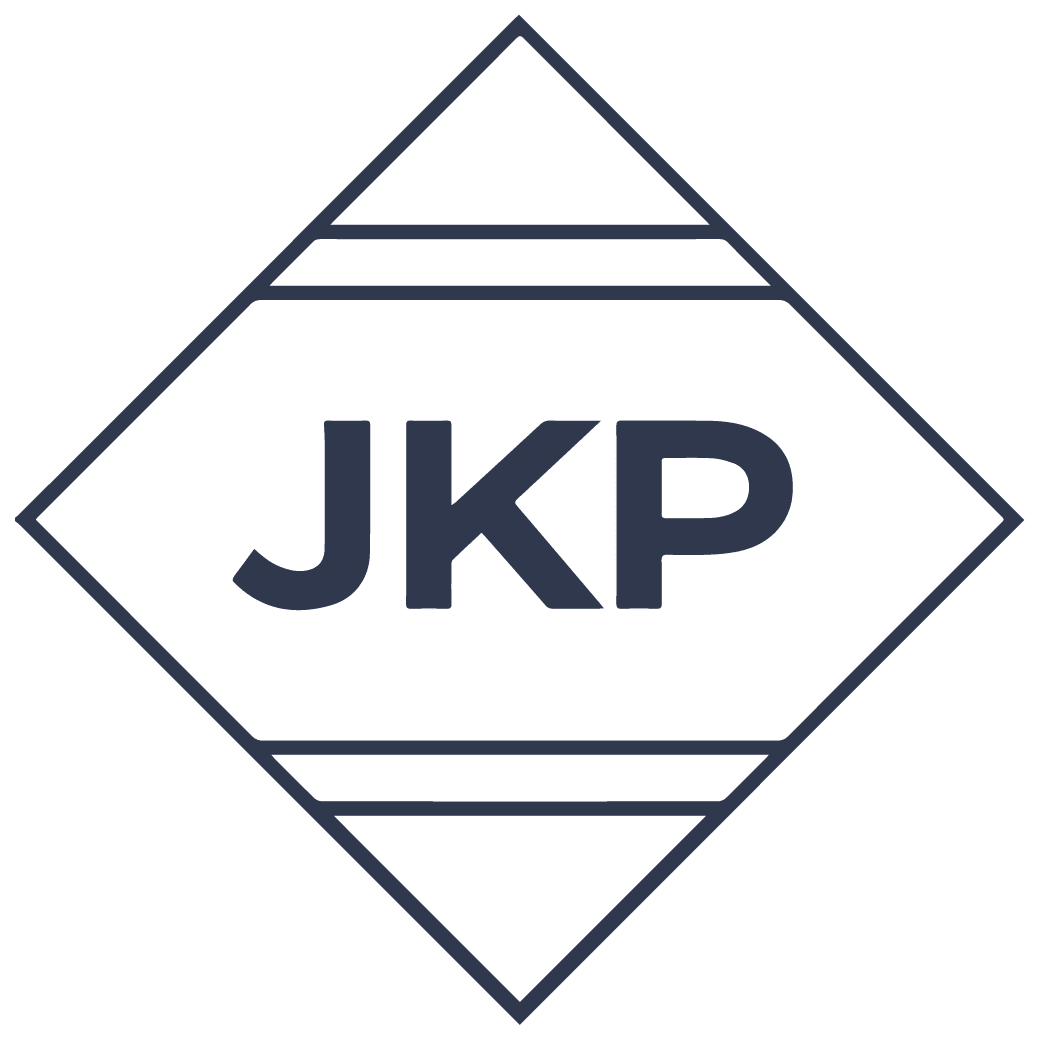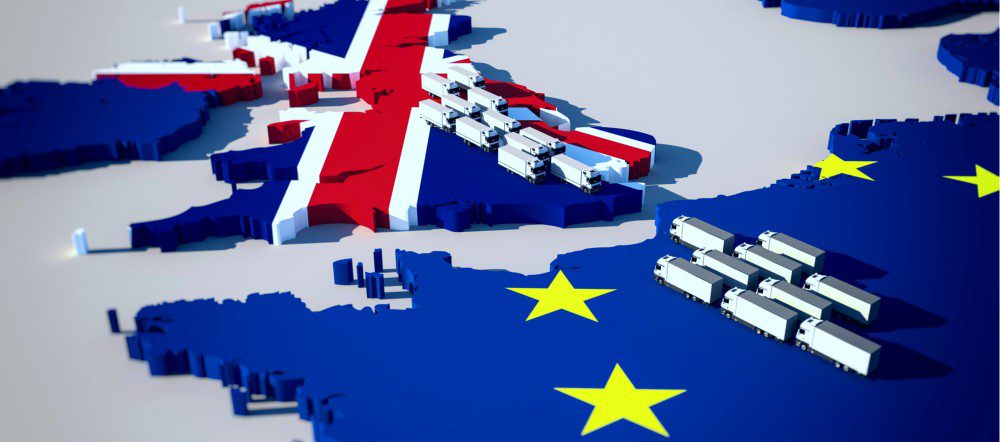Though the UK officially left the EU on 31st January 2020, the post-Brexit border checks that were due in January 2021 are now finally coming into force. Postponed repeatedly due to the COVID-19 pandemic, the new UK customs and border control regulations take effect from 1st January 2022.
From the New Year onwards, goods entering Britain from within the EU will require new customs arrangements. The government plans to phase in further changes later in the year, with physical checks for food products and pre-notification for agricultural products required from July 2022.
So, what exactly is happening to UK customs and border control? Let’s explore how the regulatory changes might affect businesses exporting goods from the EU and importing goods into the UK.
What’s changing for exports from the EU on 1st January 2022?
The ‘grace period’ that extended beyond the Brexit transition period no longer applies, which means that delaying customs declarations is no longer possible when importing goods from the EU bloc into the UK. Both EU exporters and UK importers will now need to complete the paperwork beforehand.
If companies don’t pre-register the right paperwork with the relevant authorities, either themselves or through an agent, then their deliveries coming from the EU won’t make it past the border. To pass customs checks, drivers will need an authorisation code from the Goods Vehicle Movement Service.
Companies must also complete ‘rules of origin’ declarations to prove eligibility for tariff-free imports. To qualify for tariff-free entry into the UK from the EU, goods must be primarily made in the EU (at least 50%), and vice versa for UK exports to the EU (goods must be at least 50% made in the UK).
Also taking effect from 1st January 2022, businesses distributing agricultural products between the UK and EU must now pre-register with IPAFFS (the Import of Products, Animals, Food, and Feed System). From 1st July 2022, animal and plant products will require health certificates, and consignments must be prepared for physical phytosanitary checks at UK border control posts.
Not all ports are using the GVMS (Goods Vehicle Movement Service) just yet, in which case exporters should follow the current exporting process. The Customs Declaration Service will be maintaining its existing process until 22nd January 2022. For goods coming into Great Britain from the Republic of Ireland, the new rules are postponed during Northern Ireland Protocol discussions.
How can I prepare to import goods to the UK?
To use the GVMS, you’ll need to get an EORI number starting with ‘GB’ (Economic Operators Registration and Identification). You can then use this number to create a Government Gateway account and register for the GVMS – be sure to allow your drivers access to the self-serve tool.
In order to bring goods from the EU into the UK, a driver will need a valid passport that allows them to enter the UK. All details of the crossing and the goods carried must be entered into the GVMS in advance before attempting to cross, including Additional Information (AI) statement ‘RRS01’.
The completed documentation in the GVMS should then allow the driver to generate a GMR (Goods Movement Reference) barcode. They’ll need this single-use code, either printed on paper or on their smartphone, in order to exit the EU and enter the UK. Drivers will also need to check on the GVMS during the crossing in case they have been randomly selected for a physical examination.
If instructed to attend a UK Inland Border Facility or a customs checking facility at the port, drivers cannot proceed directly to their destination in the UK. Instead, they must use the ‘Attend an IBF’ digital service and follow the instructions to complete the inspection. If the consignment passes the checks, the driver will be allowed to leave the IBF and continue to the final delivery destination.
For more instructions on proceedings for specific export locations, completing declaration forms, generating a GMR, and generally using the GVMS, you can consult the Customs Information Paper.
Will there be more distribution delays and shortages in 2022?
After last year’s infamous lorry driver shortages, resulting in empty store shelves and petrol pumps, many businesses and individuals may be worried about what the new rules mean for the UK’s already backlogged ports. Will the GMVS make things run more smoothly, or cause more issues?
The British Frozen Food Federation has dire predictions for delays at the ports due to increased custom checks and paperwork problems. The Food and Drink Federation is also worried about excessive bureaucracy clogging up the ports and slowing down already disrupted supply chains.
The Federation of Small Businesses also expresses concerns about goods being confiscated and sent back to the EU due to incomplete paperwork. Without pre-registering, completing a declaration, and providing valid documentation, imported goods coming from the EU won’t receive clearance and will be unable to leave the port, stuck at the frontier instead of the goods being circulated within the UK.
However, the British Port Association is optimistic, reporting minimal instances of paperwork errors and smooth sailing so far. Despite the deployment of thousands of border officials and supermarkets bracing for more supply chain issues, the fears over major disruption now seem a little overblown.
HMRC says that the rollout of the new regulations and systems is going well and in line with their plans, but they will continue to monitor progress. It’s early days, and industry experts still anticipate trade disruption in the coming months – especially when further changes come into effect in July.
Summary of UK customs and border control changes in 2022
Along with changes to EU road haulage rules from 2nd February 2022, including new international goods vehicle operator licence requirements from 21st May 2022, the timetable for Brexit border controls has been revised. The latest UK Border Operating Model outlines the following dates:
- 1st January 2022 – full customs controls (pre-authorisation for hauliers entering the UK from the EU, rules of origin, and pre-notification for animal, food, and plant products)
- 1st July 2022 – health certification and physical checks introduced for all regulated plants, meat, animal by-products, and other high-risk foods
- 1st September 2022 – health certification and physical checks for all dairy products
- 1st November 2022 – health certification and physical checks for all remaining animal products under regulation, including fish and composites
With a survey by the Institute of Directors finding that around a third of British businesses who import goods from the EU weren’t ready for the implementation of the new rules, it’s best not to be one of the businesses getting left behind. It’s time to get familiar with the rules and the GMVS.
If you’re on the lookout for an international haulage company operating within the UK and the EU, why not contact John K. Philips? Offering a range of services, from bonded storage for UK imports to logistics solutions for distribution within Britain, our team will be happy to discuss your needs.


